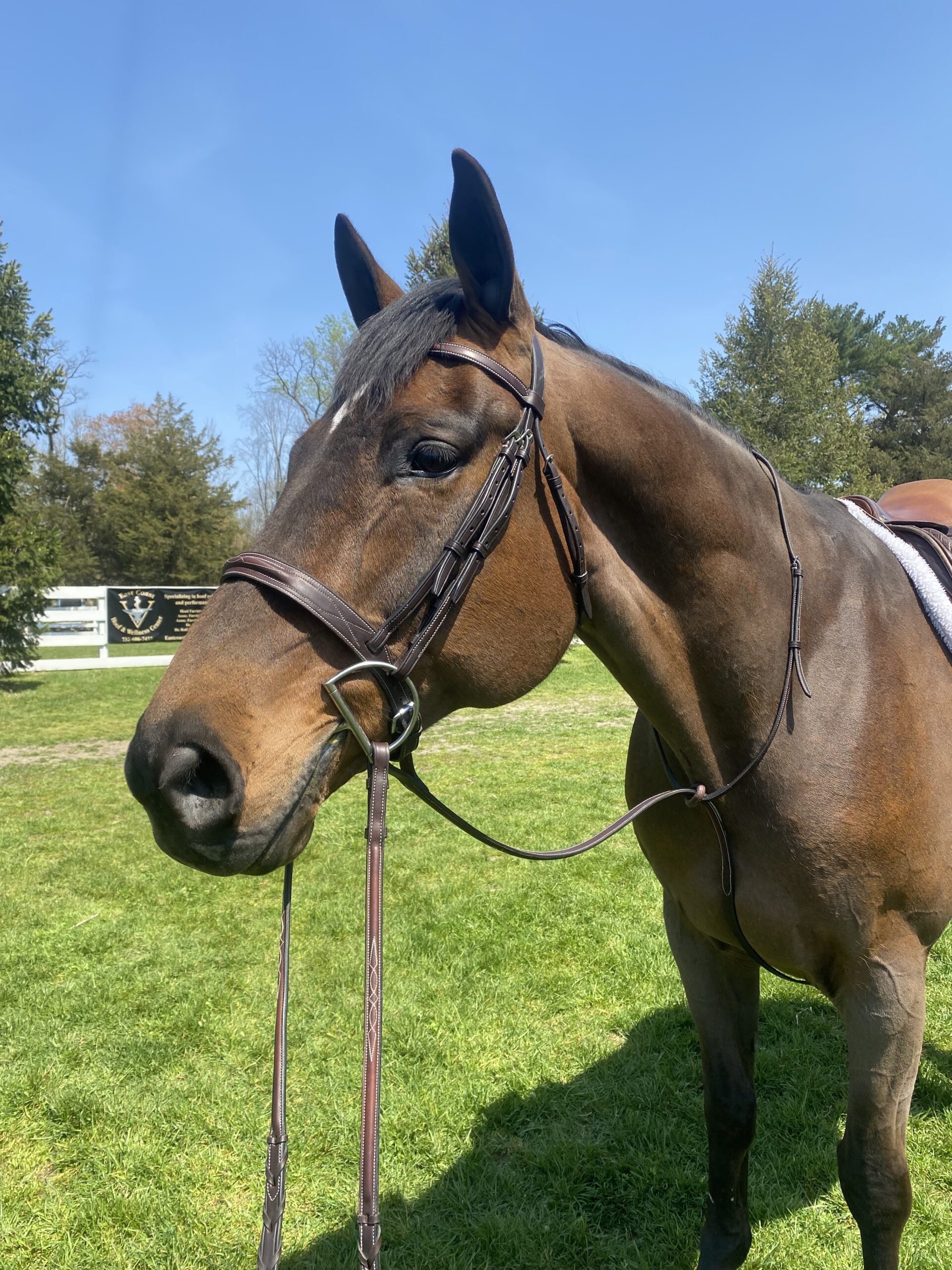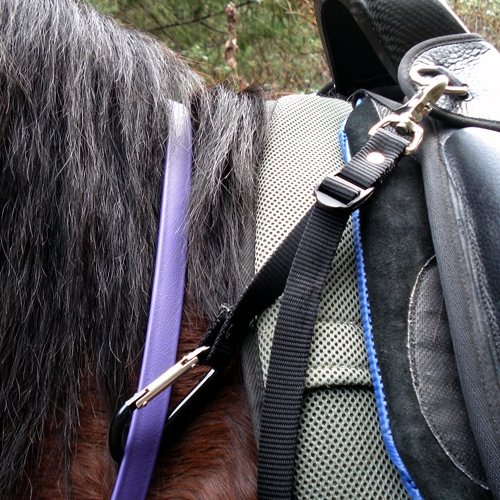How to Select Reins for Better Control

Selecting the right reins is crucial for achieving better control and communication with your horse. This guide will help you understand the different types of reins, materials, and features to consider, ensuring you make an informed choice that enhances your riding experience.
Types of Reins
| Type | Description | Best For |
|---|---|---|
| Split Reins | Two separate reins, often used in Western riding | Trail riding, casual riding |
| Closed Reins | A continuous loop of rein, common in English riding | Dressage, jumping |
| Romal Reins | Split reins with a long, braided handle (romal) | Western pleasure, reining |
| Draw Reins | Auxiliary reins that loop around the horse’s neck for extra control | Training, correcting head carriage |
Materials
- Leather: Durable, offers good grip, traditional look.
- Synthetic: Lightweight, weather-resistant, often more affordable.
- Rope: Provides excellent grip, commonly used in endurance riding.
Key Features to Consider
- Width: Wider reins offer more comfort and grip; narrower reins provide more precision.
- Texture: Smooth reins are gentle on hands; textured reins improve grip, especially when wet.
- Length: Choose a length that suits your riding style and horse size.
Tips for Better Control
- Match rein type to your riding discipline.
- Ensure reins are the correct length to avoid excess slack.
- Regularly check for wear and replace reins as needed.
- Practice consistent hand positioning and rein tension.
FAQ
Q: What reins are best for beginners?
A: Split reins or closed reins made of leather or synthetic materials are often recommended for beginners due to their ease of use and control.
Q: Can I use draw reins all the time?
A: Draw reins should be used cautiously and primarily for training purposes, as overuse can cause discomfort or resistance in the horse.
Q: How do I maintain leather reins?
A: Clean them regularly with saddle soap, condition to keep the leather supple, and store in a dry place.
Choosing the right reins tailored to your needs and riding style can significantly improve your control and communication with your horse. Consider the type, material, and features carefully to enhance your riding experience safely and effectively.
